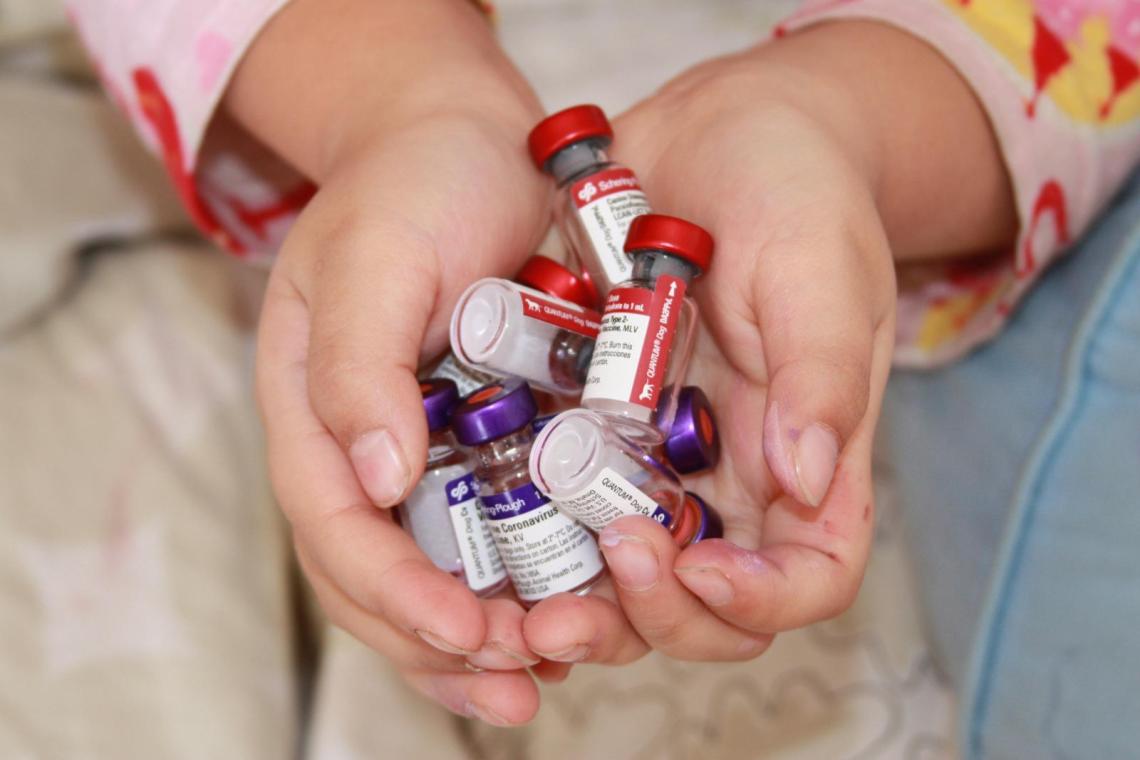
The end of a year gives us an opportunity to reflect on the year that was and make lists of things that made an impact in our lives. The positive impact of vaccines on the lives of individuals and families has been documented over the years. It is likely that these vaccine stories will greatly affect public health and people’s lives in the future.
1. Dengue is now vaccine-preventable
Dengue fever – ranked by the World Health Organization (WHO) as the world’s most significant and fastest-growing mosquito-borne viral disease – causes nearly 500 million infections every year. The first (and currently only) dengue vaccine, Dengvaxia, has been approved in twelve countries and received endorsements from key medical societies at a national and regional level.
2. Failure of a potential RSV vaccine
Novavax released data that its Respiratory Syncytial Virus (or RSV vaccine) candidate failed to hit both its primary and secondary objectives. Most disappointing of all, it did not demonstrate vaccine efficacy in the Phase III Resolve trial. RSV is a virus that causes infections in the lungs and respiratory tract. It is so common that most children who contract it are infected by age two.
3. Zika vaccine enters clinical trials in humans
An investigational Zika vaccine developed by the National Institute of Allergy and Infectious Diseases (NIAID) at the National Institutes of Health (NIH) entered Phase I clinical trials in 2016. This unprecedented collaboration between several companies and government organizations to develop a vaccine from scratch could make the vaccine available by 2018. Vaccines usually take a decade or so to develop.
4. Nasal Flu vaccine effectiveness decline
The FluMist vaccine made by MedImmune has been popular because it does not require a needle. However, the vaccine was found to be only three percent effective during the most recent flu season, leading the CDC to discontinue its use for the 2016 – 2107 Flu season.
5. HPV vaccine effective after only 2 doses in children
One way to reduce the cost of HPV vaccination treatment is to reduce the number of vaccines needed for protection. Previously, three vaccinations were recommended. The CDC advisory committee now recommends only two doses for children who are vaccinated against human papillomavirus before the age of 15. This simpler, more flexible timeline will hopefully result in higher rates of HPV vaccination.
6. A new herpes vaccine for shingles
Shingles is a viral disease characterized by a painful skin rash with blisters. It is caused by a reactivation of the chickenpox virus within a person’s body. If the rash involves the eye, vision loss may occur. Some people develop ongoing nerve pain that can last for months or years. The new vaccine is significantly more effective than the roughly 50% success rate offered by the currently available shingles vaccine.
7. New HIV vaccine clinical trials in South Africa
Since the HIV virus was identified in 1983, efforts to develop an effective vaccine have been unsuccessful. The new and improved HVTN 702 vaccine is a better version of the world’s only moderately successful HIV vaccine candidate. In 2009, Thai researchers found that an experimental HIV vaccine reduced new infections in clinical trial participants by about 60%, but protection fell quickly to 31%.
8. New candidate vaccines against the plague
Plague, also known as the Black Death, is best known for killing millions of people in Europe in the 1300s. Although vaccines against plague have been developed in the past, no vaccine has been approved by the US Food and Drug Administration. Researchers tested three vaccines designed to protect people against the bacteria that cause pneumonic plague, the most serious form and the only type that spreads via airborne transmission.
9. Malaria vaccine candidates show efficacy, safety in humans
Over a three-year period, RTS,S (trade name Mosquirix, manufactured by GlaxoSmithKline) reduced the number of clinical malaria cases in young children and infants by between 26% and 36%. A newer vaccine, GAP3KO, seems to be effective against the deadly malaria parasite, without causing any serious side effects.
10. Finally, an Ebola vaccine
An experimental Ebola vaccine tested on humans has been shown to provide 100% percent protection against the disease. No regulatory authority has approved it at the moment, but the vaccine is seen as so powerful that an emergency stockpile of 300,000 doses has been created for use in the event of another outbreak. ![]()





